In the United Arab Emirates (UAE), prioritizing workplace safety is crucial across its varied industrial landscape, from Dubai’s construction sites to Abu Dhabi’s high-tech offices and Arabian Gulf’s remote oil rigs. Each setting presents unique challenges, requiring customized first aid measures for employee well-being and regulatory compliance. For employers, adhering to these industry-specific first aid regulations is essential for ensuring a safe and efficient work environment.
Understanding UAE First Aid Regulations
The UAE government, through its dedicated regulatory bodies, mandates specific guidelines to uphold safety standards in workplaces. These regulations encompass detailed first aid requirements, meticulously designed to address the wide range of risks across different industries. This regulatory framework is designed to be comprehensive yet flexible, accommodating the evolving nature of industrial workspaces.
Key Components of First Aid Regulations
When it comes to ensuring workplace safety in various industries, three key elements play a crucial role: specialized first aid kits, trained personnel, and well-defined emergency procedures. Each of these components is tailored to suit the specific demands and risks associated with different work environments.
First aid kits are customized to cater to the distinct needs of each industry. For instance, a kit designed for a construction site is likely to contain heavy-duty bandages and splints, addressing the higher risk of fractures in such settings. In contrast, an office environment would typically require a first aid kit focused on basic wound care and burn relief, reflecting the nature of common office injuries.
Alongside these specialized kits, it’s essential to have an adequate number of personnel trained in first aid. The number of these trained individuals is usually determined based on the size of the workplace and its associated risk profile, ensuring that there is always someone capable of responding to emergencies.
Additionally, regulatory bodies require the implementation of clear emergency procedures. These procedures include detailed protocols for responding to workplace injuries and organizing emergency evacuations, ensuring a swift and effective response to any incident. These measures collectively contribute to a safer and more prepared workplace, regardless of the industry.
Industry-Specific Compliance Strategies
1. Construction Industry
In high-risk industries like construction, where the likelihood of severe injuries is greater, specific measures are critical to ensure worker safety and preparedness.
- Enhanced First Aid Kits: Incorporating materials designed for severe trauma injuries, such as tourniquets and large-scale bandages, is essential.
- Regular Training: The ever-changing nature of construction sites necessitates continuous first aid training for workers.
- Emergency Response Drills: Conducting these drills regularly prepares workers for effective and swift emergency responses.
2. Oil and Gas Industry
In industries where operations occur in remote or isolated locations, such as the oil and gas sector, there are unique challenges in ensuring employee safety.
- Advanced Medical Equipment: The isolated locations of many facilities necessitate the availability of advanced medical equipment, including defibrillators.
- On-site Medical Personnel: It’s often vital to have medical professionals readily available or within a short distance.
- Comprehensive Evacuation Plans: Thorough and regularly rehearsed evacuation plans are crucial for safety.
3. Hospitality Industry & Retail Industry
In sectors like hospitality, where establishments often see high foot traffic and a diverse range of guests, specific safety measures are crucial for handling potential emergencies.
- Comprehensive First Aid Kits: Given the high foot traffic and diversity of guests, first aid kits in this sector should include a wide range of supplies to cater to various potential injuries and health issues.
- Emergency Response Training: Staff should be trained in handling a range of situations, from minor injuries to more serious health crises, ensuring guest safety and swift response times.
- Incident Management Training: Employees should be trained in managing incidents ranging from minor accidents to emergencies, ensuring a safe shopping environment for customers.
Challenges and Solutions in Compliance
The dynamic nature of the UAE’s work environments, characterized by regular regulatory updates, diverse workforce compositions, and varied industry risk profiles, presents significant compliance challenges.
Solutions
- Routine Audits: Regular audits help in ensuring continuous compliance with first aid regulations.
- Ongoing Training: Keeping employees up-to-date with first aid practices and regulatory changes is crucial. Blueguard’s comprehensive first aid training courses offer an in-depth and up-to-date curriculum, ensuring that employees are well-versed in the latest techniques and compliant with current regulations.
- Adaptability: Flexibility in adapting to regulatory changes and varying conditions of the work environment is essential for maintaining compliance.
First Aid Training with Blueguard
Adhering to industry-specific first aid regulations is not just a legal requirement but a moral imperative to safeguard the health and safety of workers in the UAE. By understanding and implementing these regulations, employers can create a safer, more responsive work environment, ready to handle any emergency with efficiency and care.
To further enhance readiness, consider enrolling your team in Blueguard’s First Aid Training for Employees in the workplace. Our sessions are designed to equip your employees with the skills and knowledge needed to effectively respond to any workplace emergency, ensuring a safer environment for all.
Contact a member of our team to schedule your consultation today.
